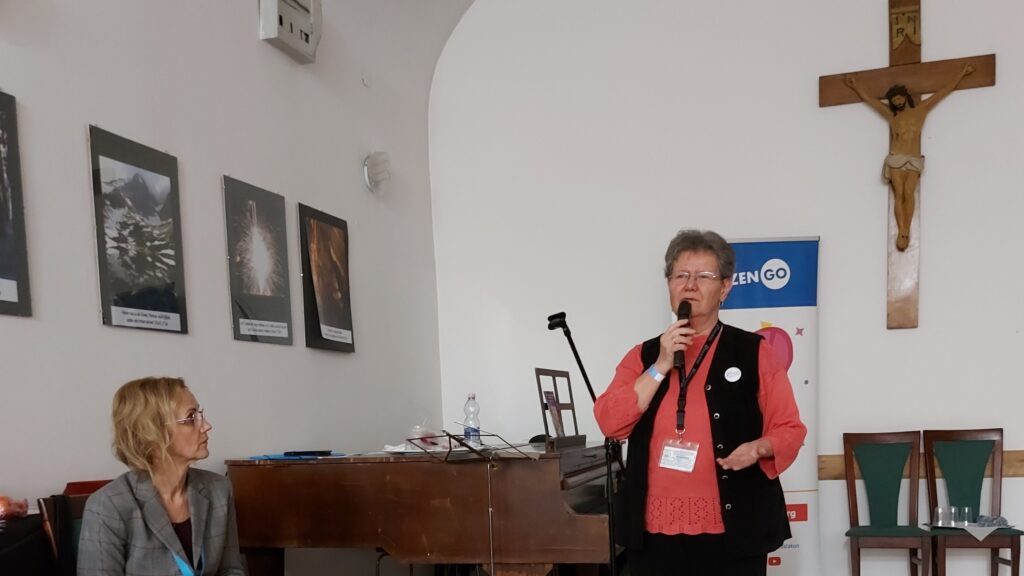
‘You are fortunate in Hungary: under your conservative Christian government, you are able to evangelize freely, unlike, for example, the UK, where prayer vigils often encounter civil and governmental opposition.’
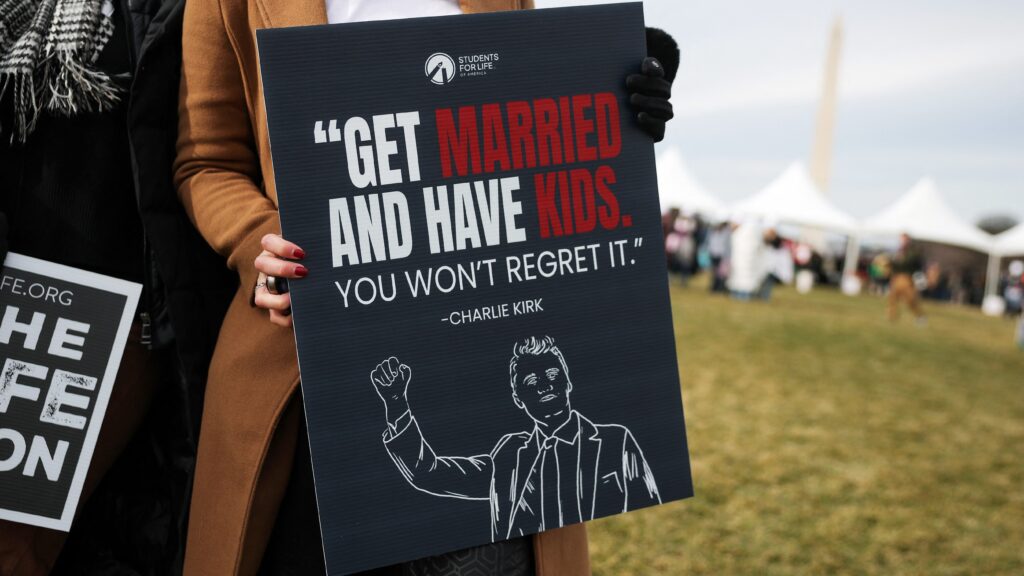
‘Colleges and universities breed violence and hate against conservative, pro-America students. Some administrations have sided with violent campus radicals instead of protecting the rights of the peaceful minority.’

‘One of our shared intentions has been to open towards young people, but I also consider it important to increase the number of Hungarians who pray—for any cause.’
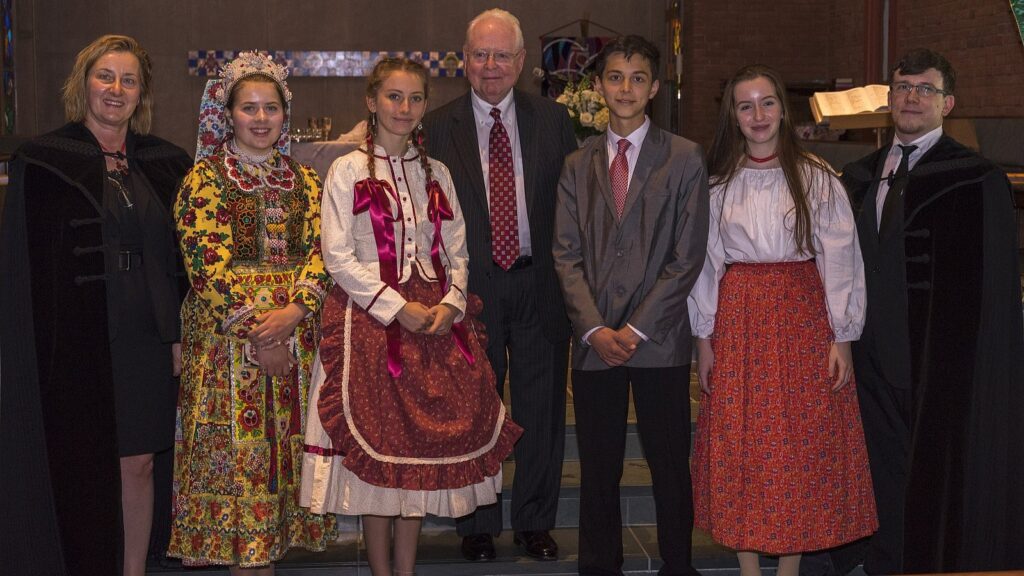
‘The idea of becoming a congregational pastor matured in me in America. We managed to visit my grandmother several times, who fled Hungary in 1956 and lived in New Jersey…In 1996, however, I felt that I’d like to come to America properly, look around, and talk to fellow pastors. That was when I first felt that perhaps I should try my hand at congregational ministry.’
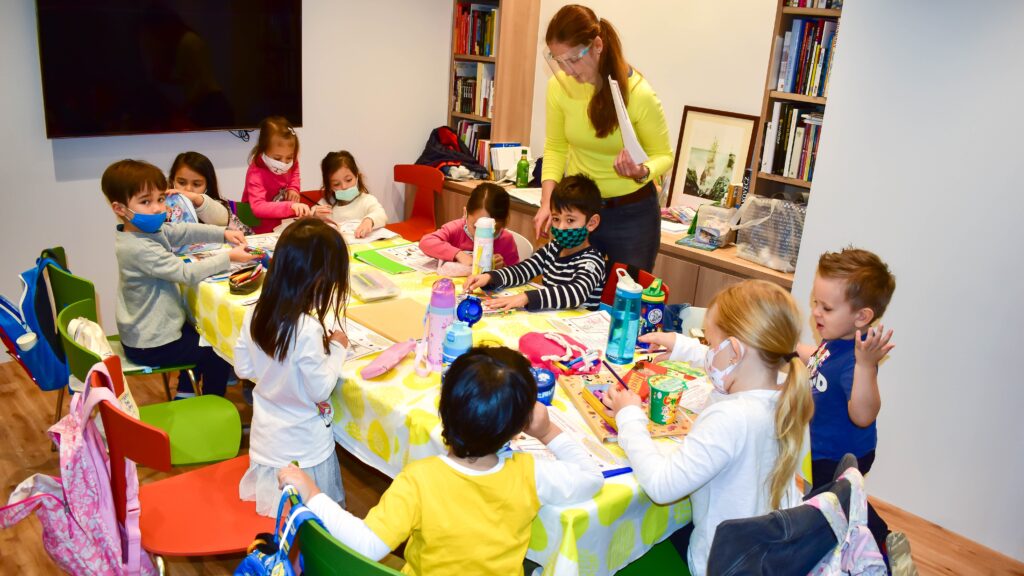
‘It isn’t easy to find proper intellectual work here. We talked with the Hungarian ambassador about work possibilities, and it came up that there were more and more Hungarian children in Tokyo, so perhaps I could try founding a Hungarian weekend school—there might be interest.’
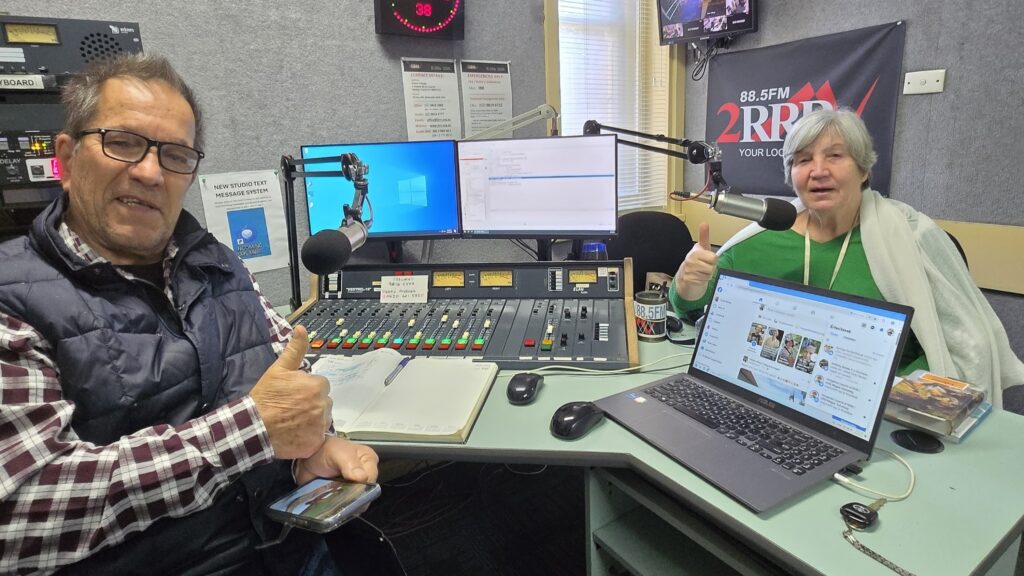
‘The radio goes on air every weekend, yet people are less and less willing to join in and sacrifice time for the community. Until we find someone who falls in love with the radio—and through it, falls in love with the Hungarian community—we have no chance of ensuring the radio’s survival. We’ll keep doing it until the microphone falls out of our hands…’
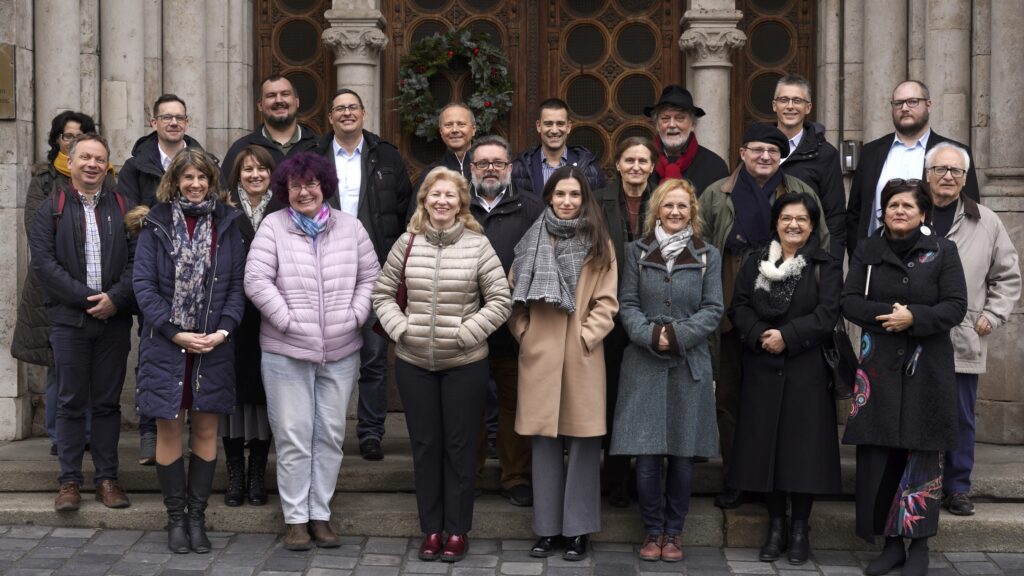
‘Although Hungarian emigration to the U.S. has been widely researched, far less attention has been given to the hundreds of thousands who, after spending years abroad…eventually came back to Hungary. The program aims to highlight this lesser-known heritage and call attention to the rich family archives, documents, and memories that still exist but remain unexplored.’
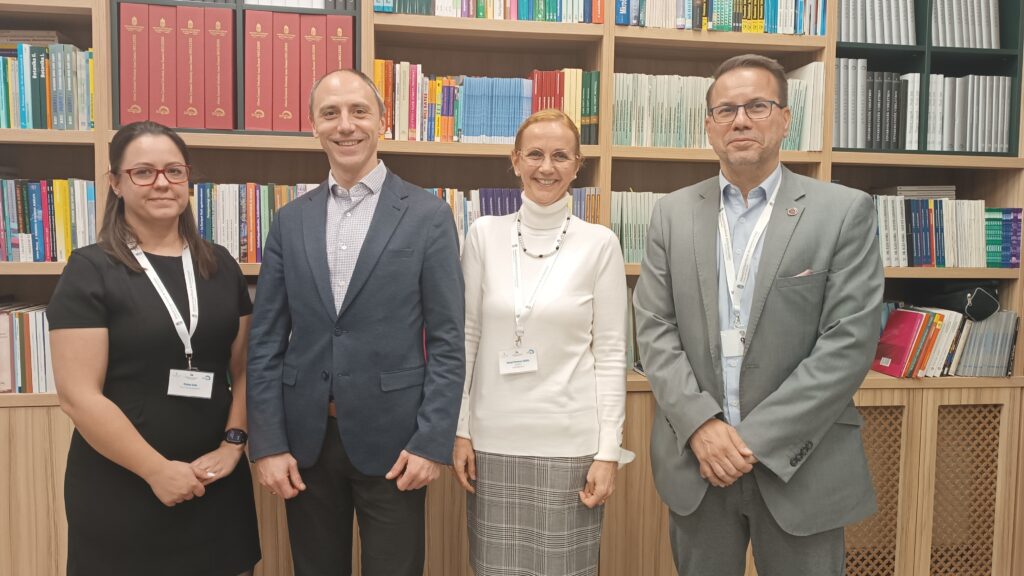
‘In the era of modern migration, the situation of individuals and communities living beyond a country’s borders has growing importance from both national strategy and national policy perspectives. It is considered unique even in an international context that the totality of the Hungarian nation consists of three distinct components…’
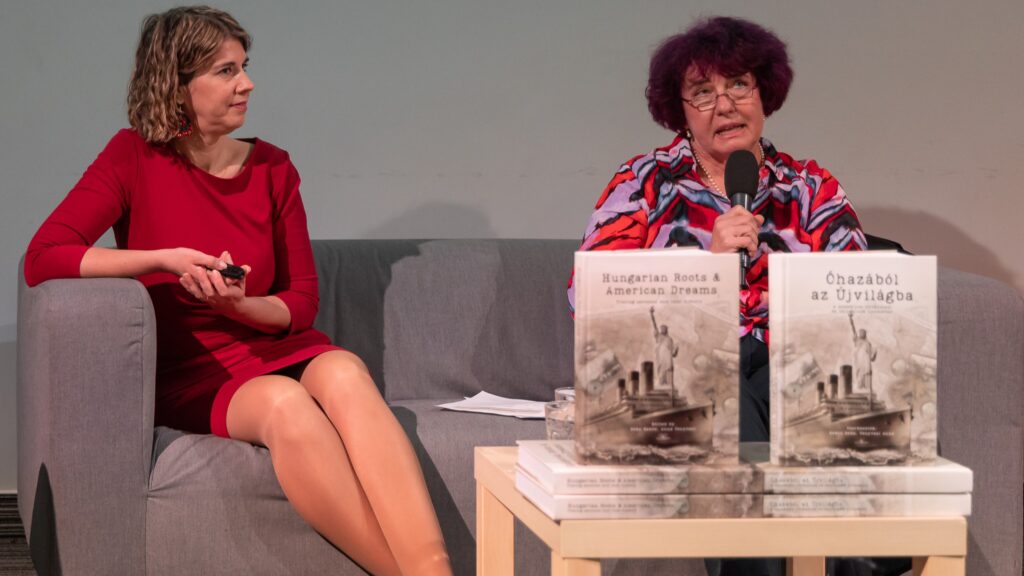
‘The books primarily focus on the U.S. and represent a “beautiful and high-quality imprint” of the Hungarian diaspora there…the project could be continued to include Hungarians living on other continents, and these works should reach every Hungarian community.’
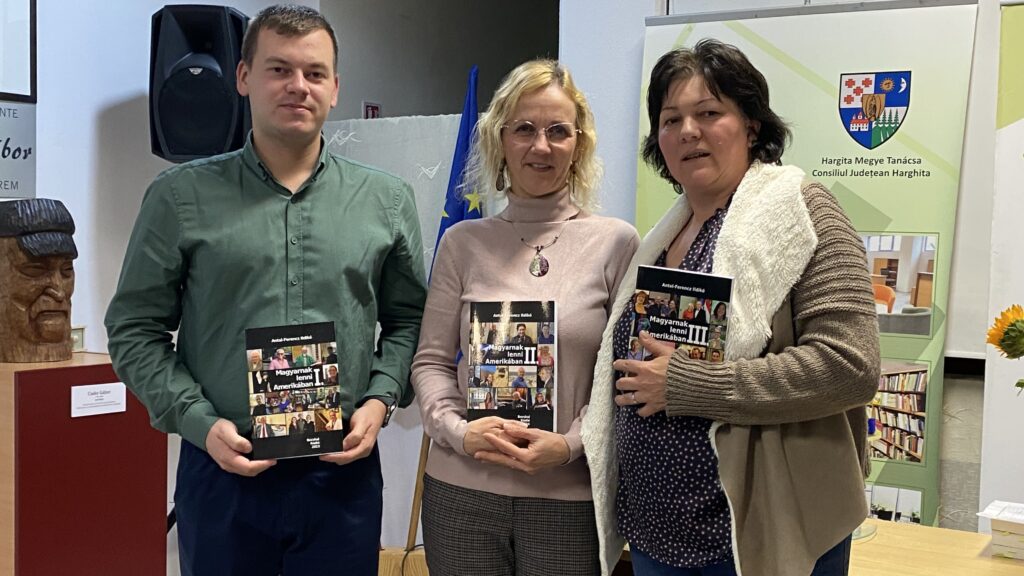
‘I conducted my first interview with the Hungarian parish priest of Passaic, NJ. For me, that interview offered a first glimpse into a very interesting kind of Hungarian world that had been completely unknown to me until then…It seemed to be a professionally fascinating, distinctive hidden world that deserved to be explored in depth.’
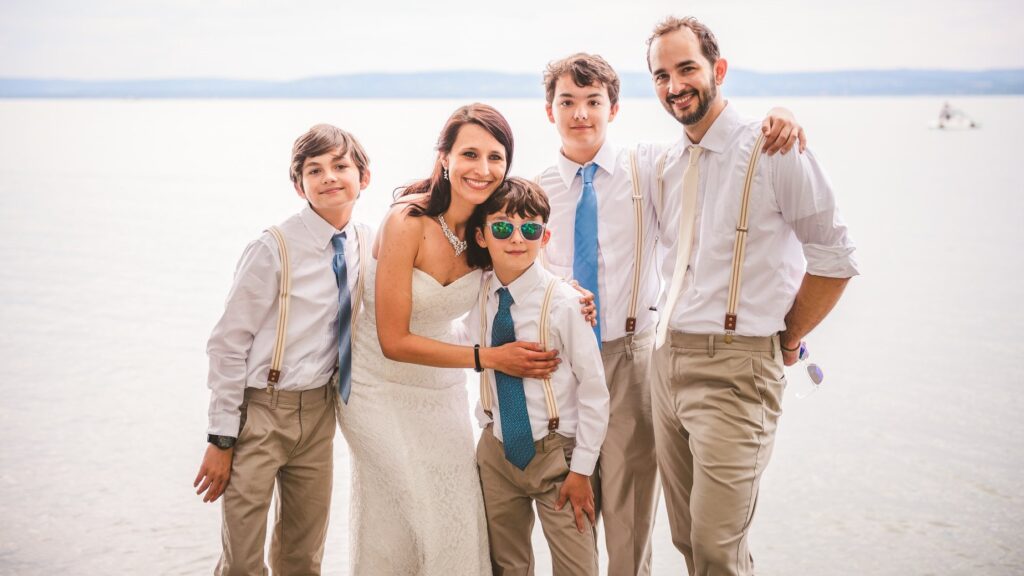
‘I wasn’t sure whether Gyula was interested romantically or only as a friend. When I asked him, he answered: “I don’t know. I find you interesting, but I have children, and they are my top priority.” I replied to him: “If you had answered anything else, I wouldn’t be as interested.” In the end, instead of Hungary, I chose Gyula…I found my true home beside him.’
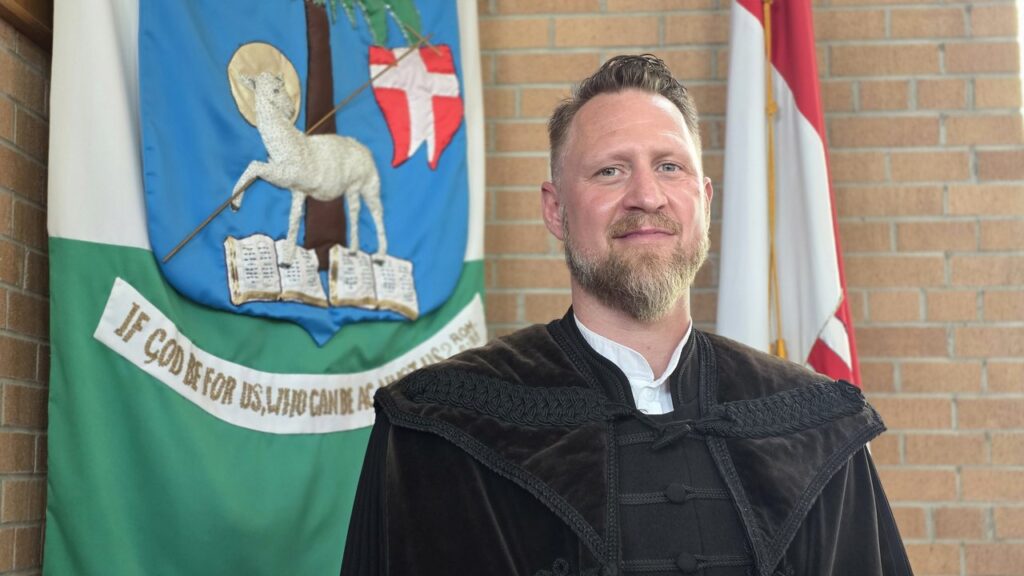
‘It’s not easy to define, to experience, and to decide why we live in the present rather than the future…It’s hard to attract new members when families have so many other options for the weekend…Still, in four months, we’ve gained back several old friends and some new families. That’s why the scripture “hold on to what you have” echoes in me.’

‘Olivia wanted to ride horses, which…is very expensive…I had to come up with a solution. I started by making pancakes once, with a donation-based system. Neighbors were incredibly generous…Similarly, when Emma left for Texas, a friend left $200 in an envelope for her—just slipped it through the door…It showed me that human kindness and helping young people aren’t determined by nationality.’
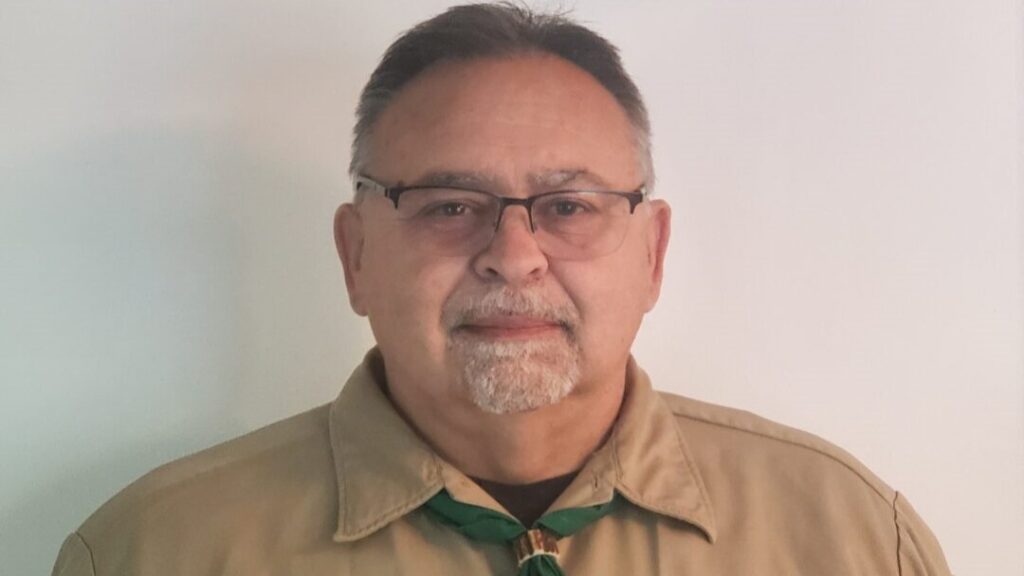
‘There was a circus nearby, and I got a job shoveling after the elephants…My mother was hardworking and resourceful. She always pushed me to go see things. We saw Rome, Pompeii, and the Vatican—we traveled all over Italy, which made time pass faster. Meanwhile, we waited every day for our names to appear on the list—to get a sponsor so we could leave the camp.’
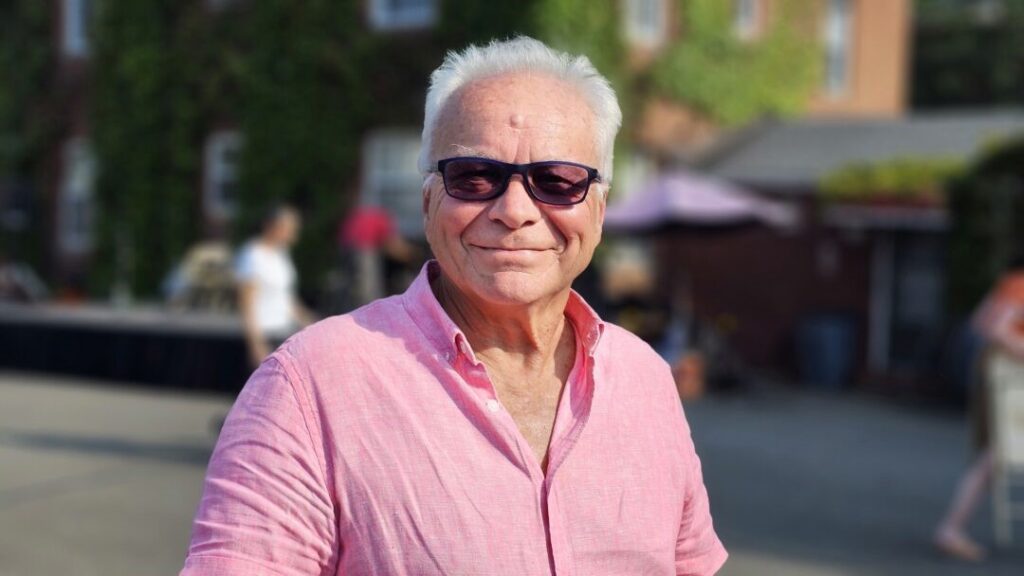
‘Réka and I work together to achieve our goals. To me, one plus one equals three, not two. When we combine our skills, we create something greater—the best possible outcome we could achieve together.’
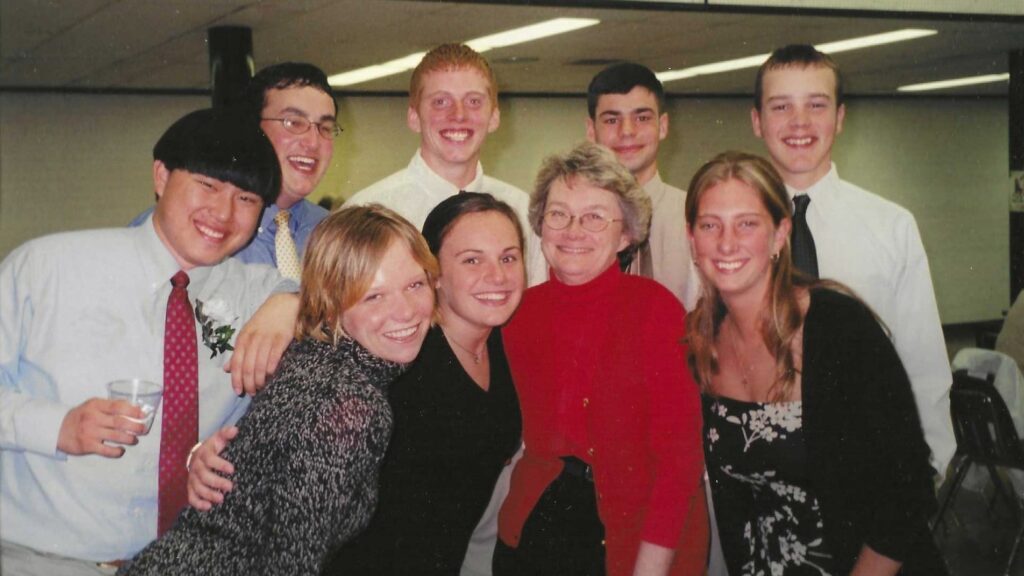
‘I believe that anyone who comes here values Hungarian identity, including young people present here, and we should appreciate that…The children’s program started because parents wanted to attend the lectures. That’s why it’s so important that it continues, and that’s why I committed to it for so long. But a person must also know when to stop.’
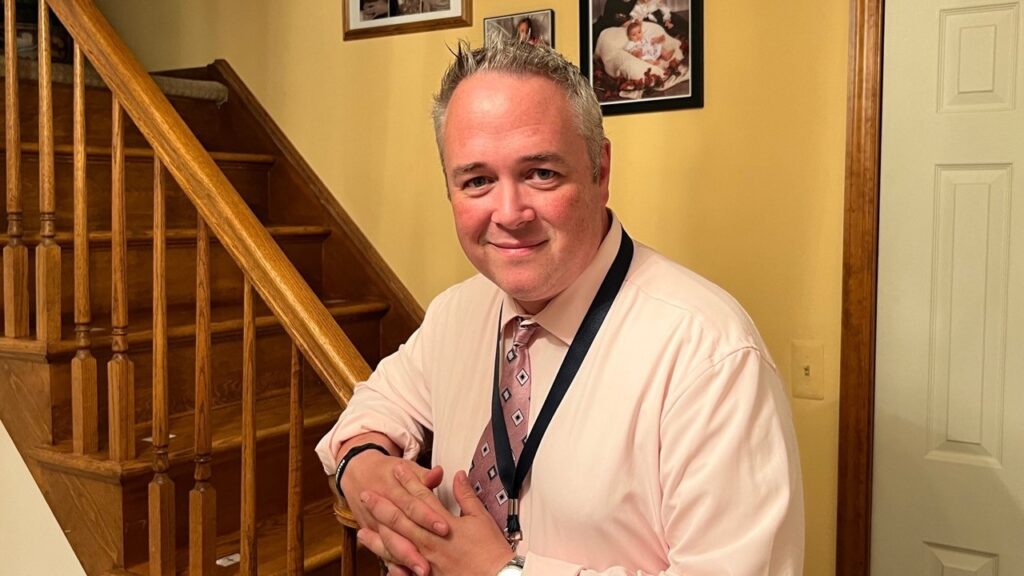
‘While some of our American school friends spent Friday nights socializing, we preferred to dedicate our time to our Hungarian community. Later, my enthusiasm for scouting leadership only grew. I never felt burnt out because I truly loved every task. This was possible because I was surrounded by supportive people who shared my passion.’
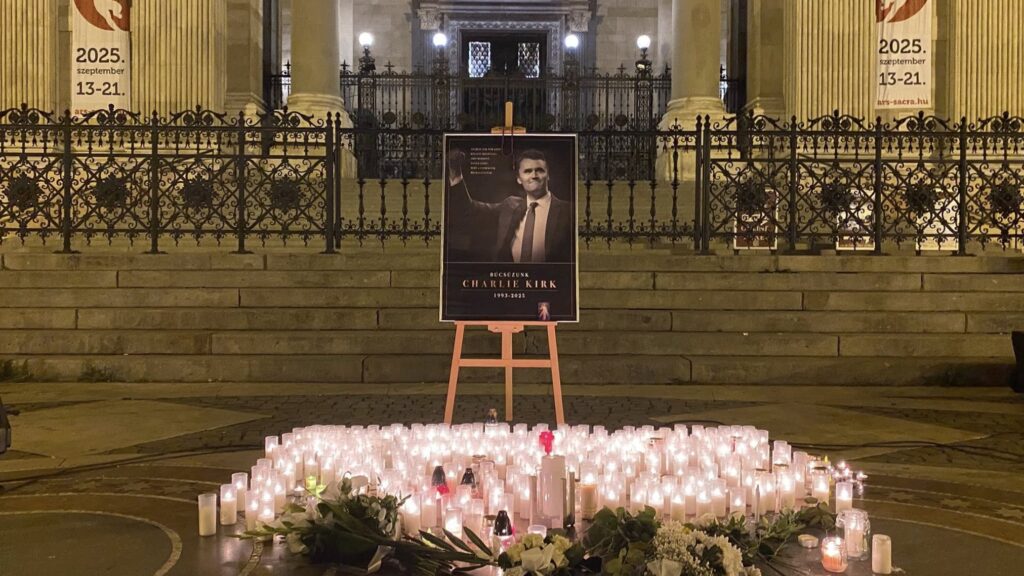
‘His death shows that ignorance and hatred can be fatal—yet his life teaches and obliges us to take our faith seriously, to give courageous testimony, and to stand publicly for our values, even in hostile environments.’
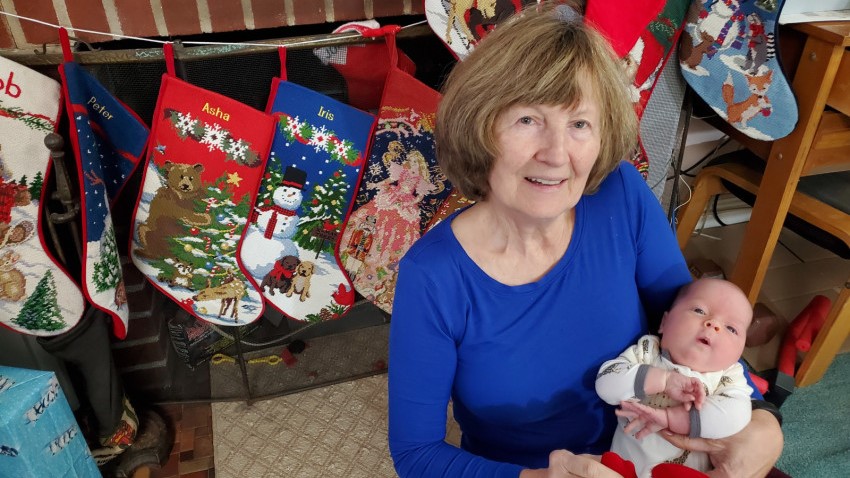
‘The Votin family joined the Hungarian community, motivated by learning the Hungarian language and scouting experiences to be provided for their children. The school…was closely linked to the St. Stephen’s Church. The last Franciscan friar, Father Domonkos Csorba, strongly supported them—he kept tuition low and mediated conflicts between the English-speaking and Hungarian-speaking members.’
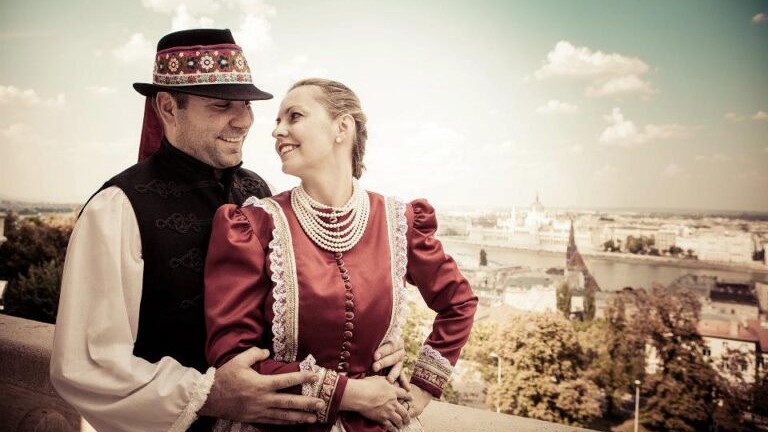
‘Suddenly, a very pretty lady appeared in front of me…And she told me straight out: “On Wednesdays, you’re coming to our folk dance session. My brother will drive you back and forth.” I liked her confidence, and of course, I gladly went—after all, I loved dancing, and I had time for it.’
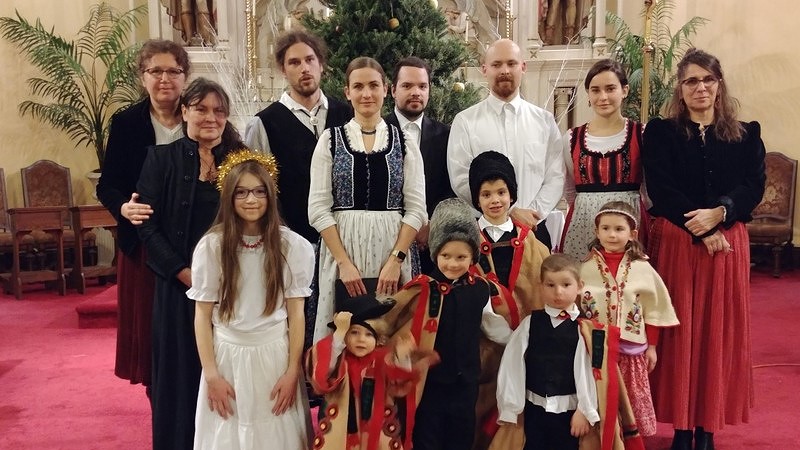
‘I walked into the Garfield Scout House and enthusiastically presented my plans—singing, reciting poetry, reading, and analyzing short stories and poems. I was surprised at how excited the second- and third-generation youth became…They were genuinely interested because they had grown up hearing these stories.’
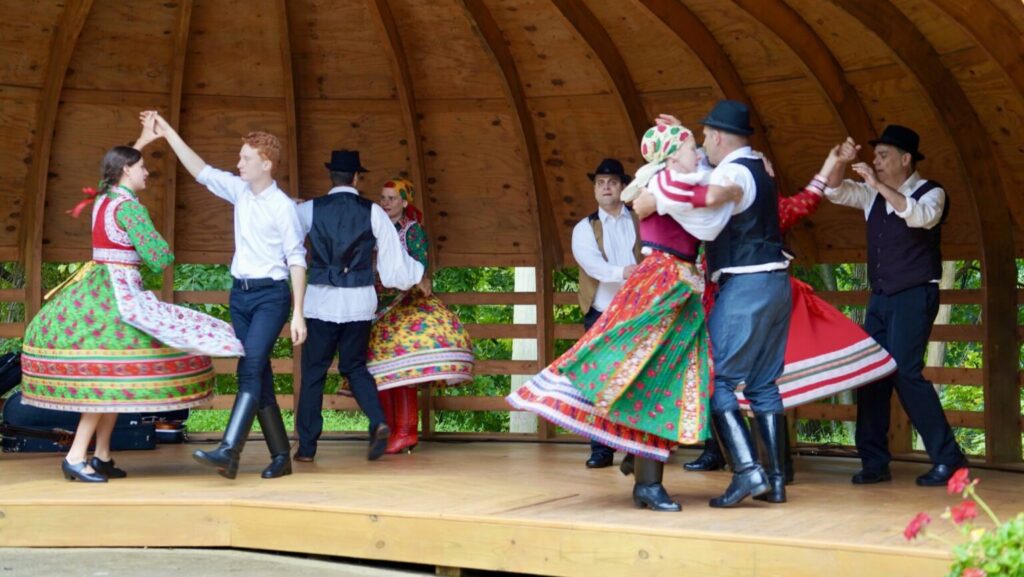
‘Gábor had mentioned that Pontozó is not about point-based scoring. Melinda added: “The festival is not about the competition—it’s about the opportunity to perform and the joy of being together. There will be no rankings, only evaluations, ensuring every participant receives recognition.”’
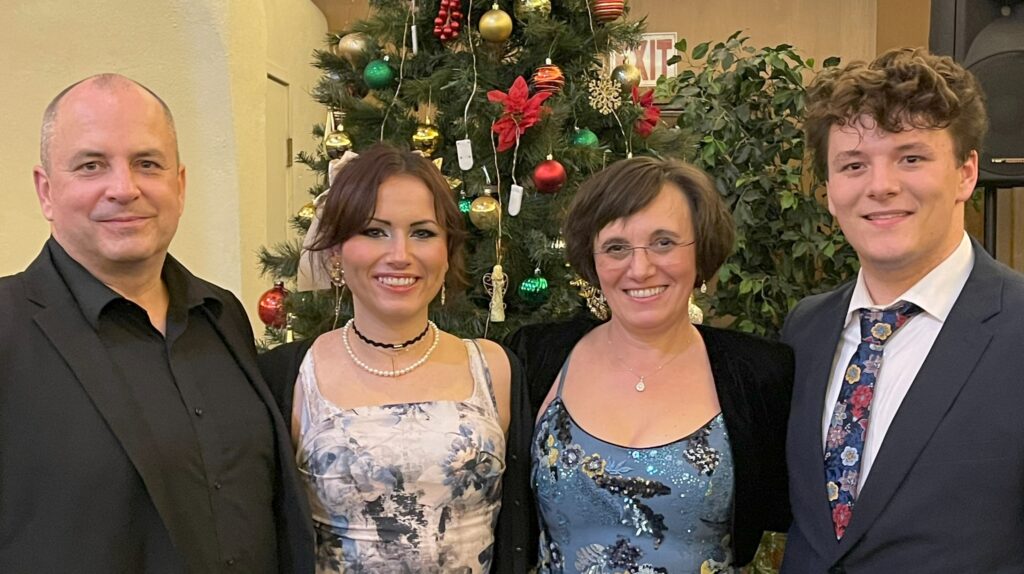
‘Again and again, I find myself marveling at how beautifully God arranges everything. From the way we found this place, to how we were able to purchase it, to the way the Hungarian Cultural Center was established—it’s clear that His hand has guided us through it all.’
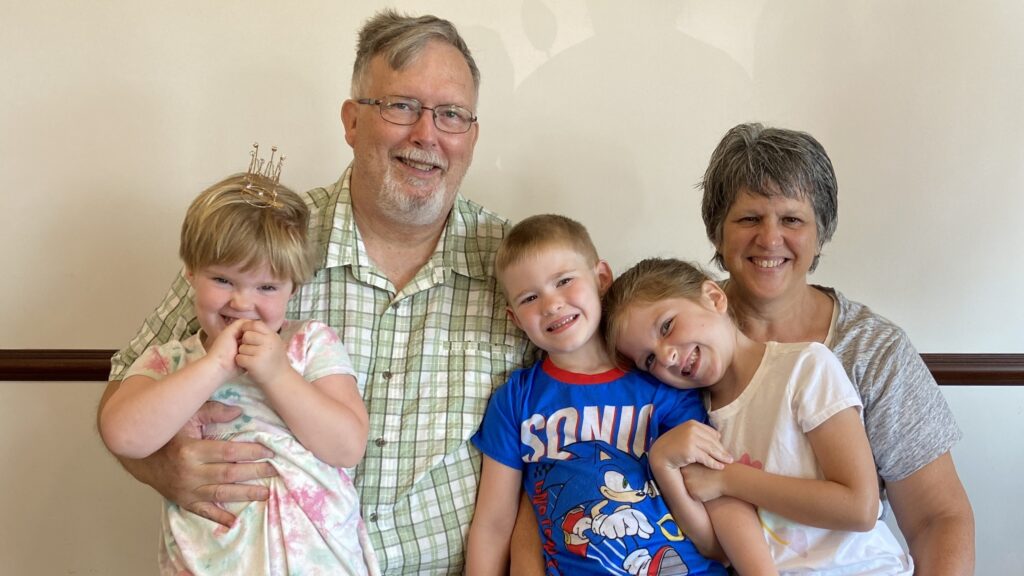
‘There’s so much that can be done or can happen even if you don’t speak any Hungarian. If you’re the person in your family who cares about your Hungarian heritage but you don’t share what you know, who is going to? It’s up to you to do it.’
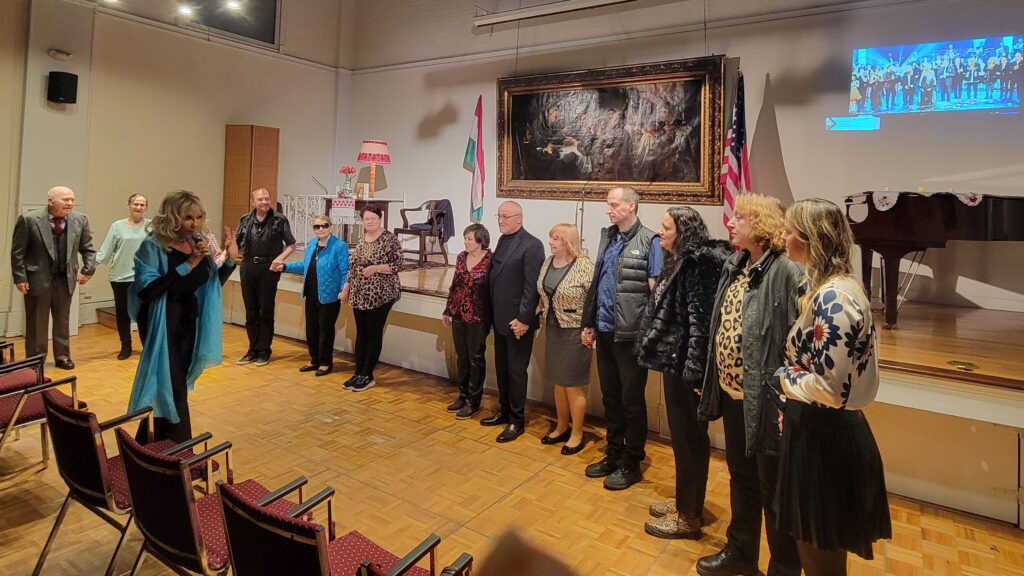
‘It’s a place that can be filled with life and possibility. I’d like the Hungarian House to welcome even those who may have visited before, but didn’t feel it was for them. I don’t just want to celebrate Hungarian heritage in America; I want to somewhat shape its present and future.’
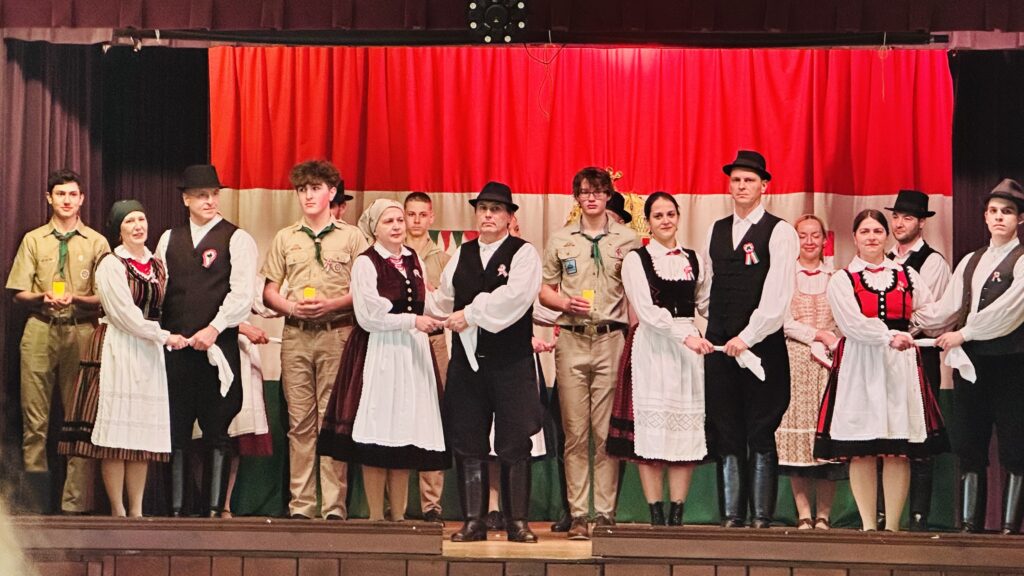
‘I started teaching the children ever since more of us from Wisconsin started attending the Csipke Camps…I try to put together a small performance for every major holiday, and in doing so, I help them learn more about Hungarian traditions. We meet weekly…but we gather beyond the rehearsals, to spend time together—we sing too, and try to preserve our Hungarian identity also in this way.’
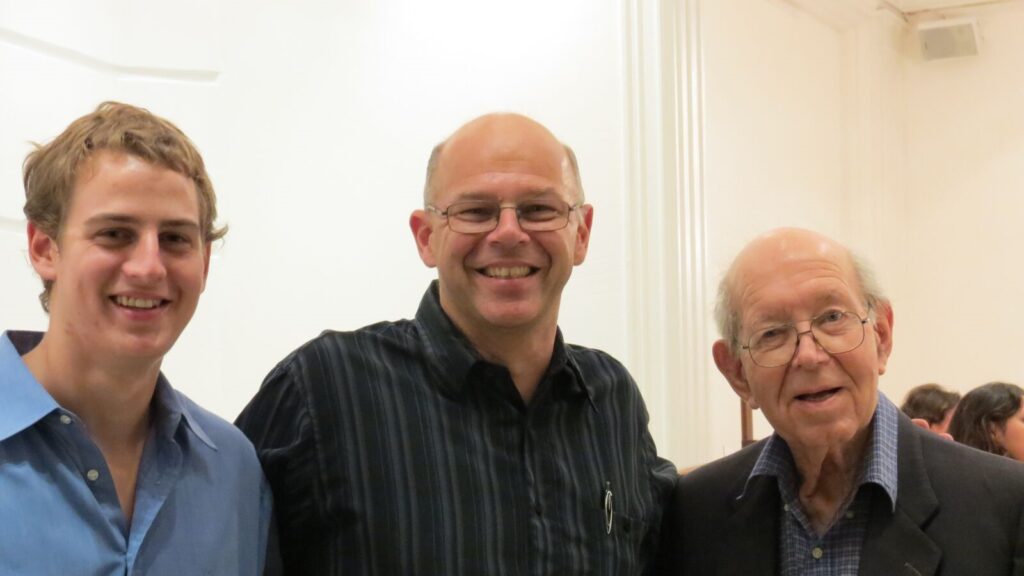
‘When people asked me whether I’m Hungarian or Argentine, I used to say: “I’m 50 per cent Hungarian and 50 per cent Argentine”—until I heard someone saying they were 100 per cent of both. Since then, that’s what I do, too.’
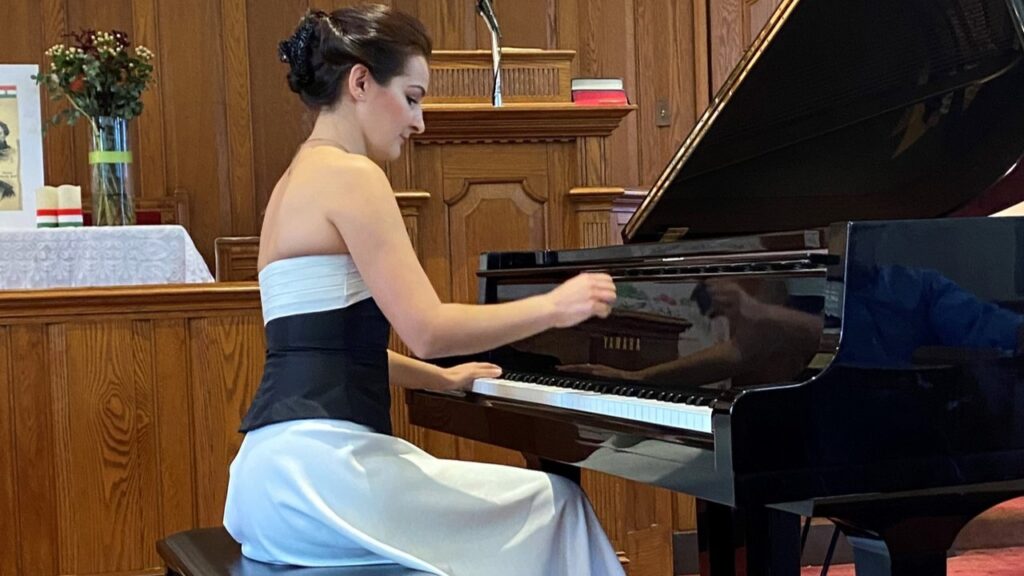
‘I also have non-Hungarian students who get to know the Kodály method and Hungarian folk songs. For example, I have an American girl born in Nigeria who recently sang in Hungarian, receiving an enthusiastic reception from the Hungarian community. This way, even Americans learn a great deal about Hungarian culture…’
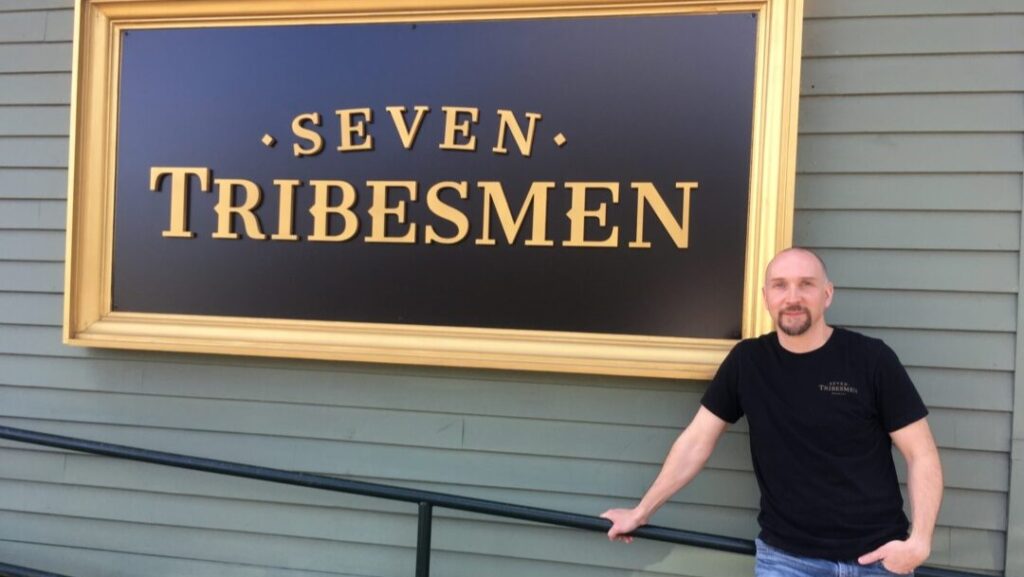
‘The craft beer industry is incredibly unique. There’s a level of camaraderie and openness between brewers that you don’t see in many other industries. We respect each other; we are aware that our strength lies in unity—with big brands dominating, that’s the only way we can compete.’
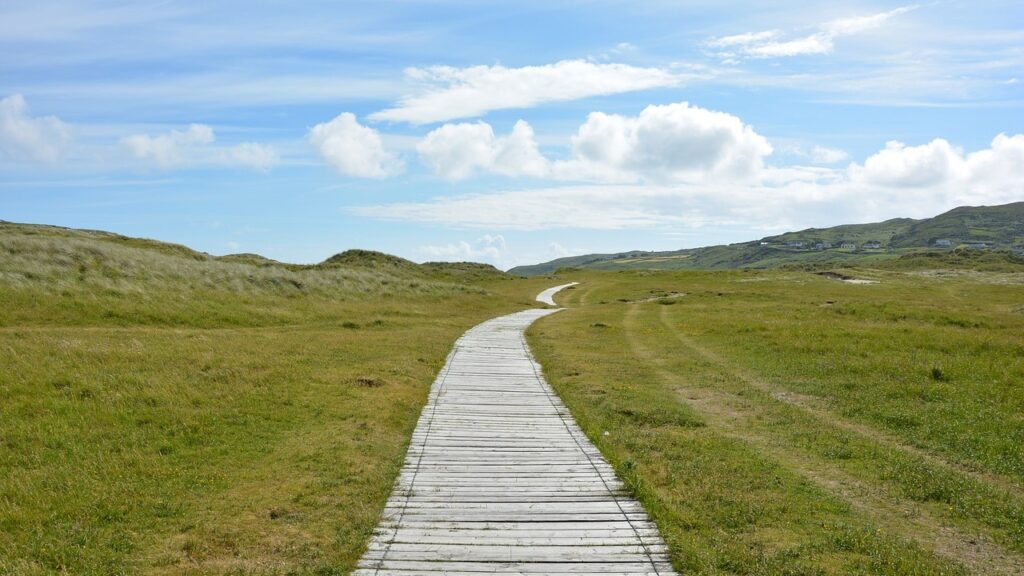
‘Though I am “only” its creative editor, in terms of my enthusiasm, dedication, and effort, I feel like I was a co-author, too. I warmly recommend this book to anyone interested in the Hungarian diaspora in North America and/or in small business economics, regardless of their location, age, or profession.’